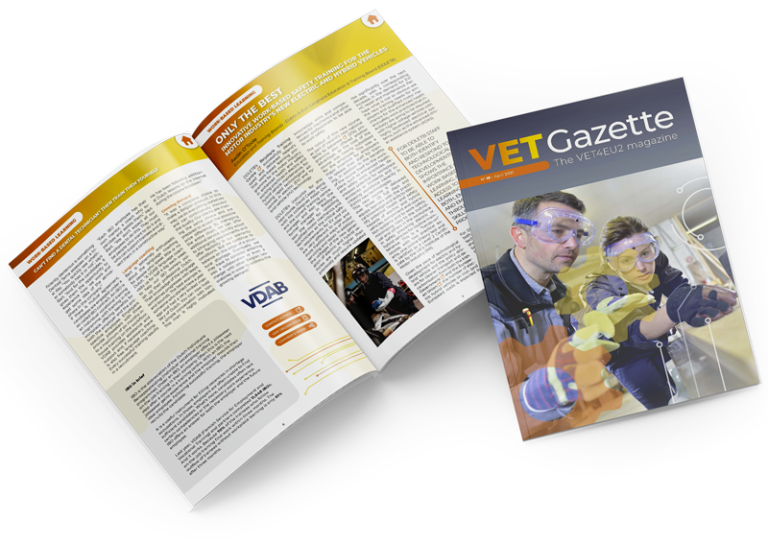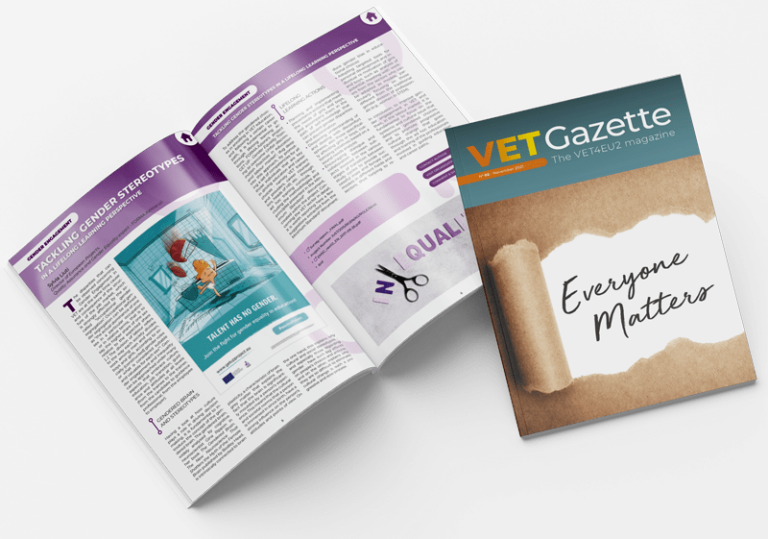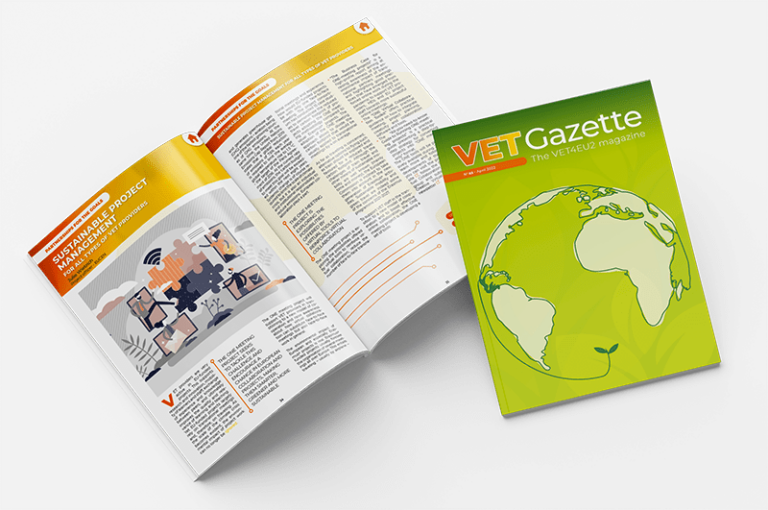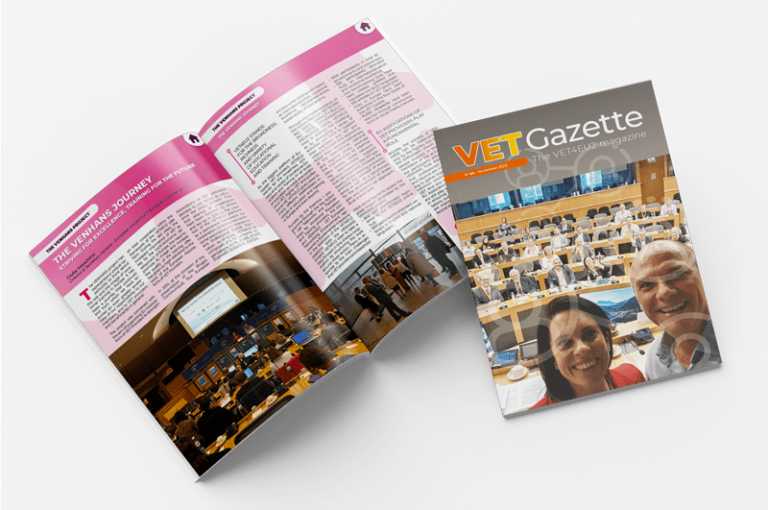Environment and sustainability are key factors for the development of the world economies, so it is necessary to qualify/certify individuals to be able to provide effective answers to these demands. Thus, working the concept of sustainability is at the basis of the educational principles of the Educational Project of Escola de Comércio de Lisboa (Lisbon School of Commerce). The focus is on training more highly skilled citizens to fulfill the market needs.
Sustainability is at the basis of the educational principles of the Educational Project
Based on the Project Work Methodology, throughout the three-year of training, the concept of sustainability is introduced to students in a challenging way, through work projects, whose objective is to solve real problems, in effective, innovative and creative ways. In the first year of the course, depending on the students’ training studies, they develop a set of activities at the school learning/training laboratories, namely two stores, one of them dedicated to the food business sector, kitchen and pastry laboratories, a training restaurant and a window dressing and visual merchandising workshop. Underlying these activities is always the concept of sustainability and students are challenged to think about management strategies to promote sustainable development bearing in mind economic, social and environmental dimensions.
Starting from the in-depth work on the Sustainable Development Goals, presented by the UN, in the second year of the course, students are challenged to participate in entrepreneurial competitions, creating business ideas, whose value propositions will necessarily take into account sustainable development issues. This work is developed in teams with multiple qualifications, so that the solutions found are as comprehensive and holistic as possible. This work serves as a springboard for the projects that the students will individually developduring the third year through the presentation of a Final Projectwhich includes a chapter on the impact of their ideas in terms of sustainability and social responsibility.
The three-year course also includes three work placement periods which also promotes students’ qualification for an increasingly challenging, innovative and sustainable market. We have been working towards a sustainability-oriented education, making the school’s mission itself sustainable and capable of training students for the present and for the future that lies ahead.








Responses